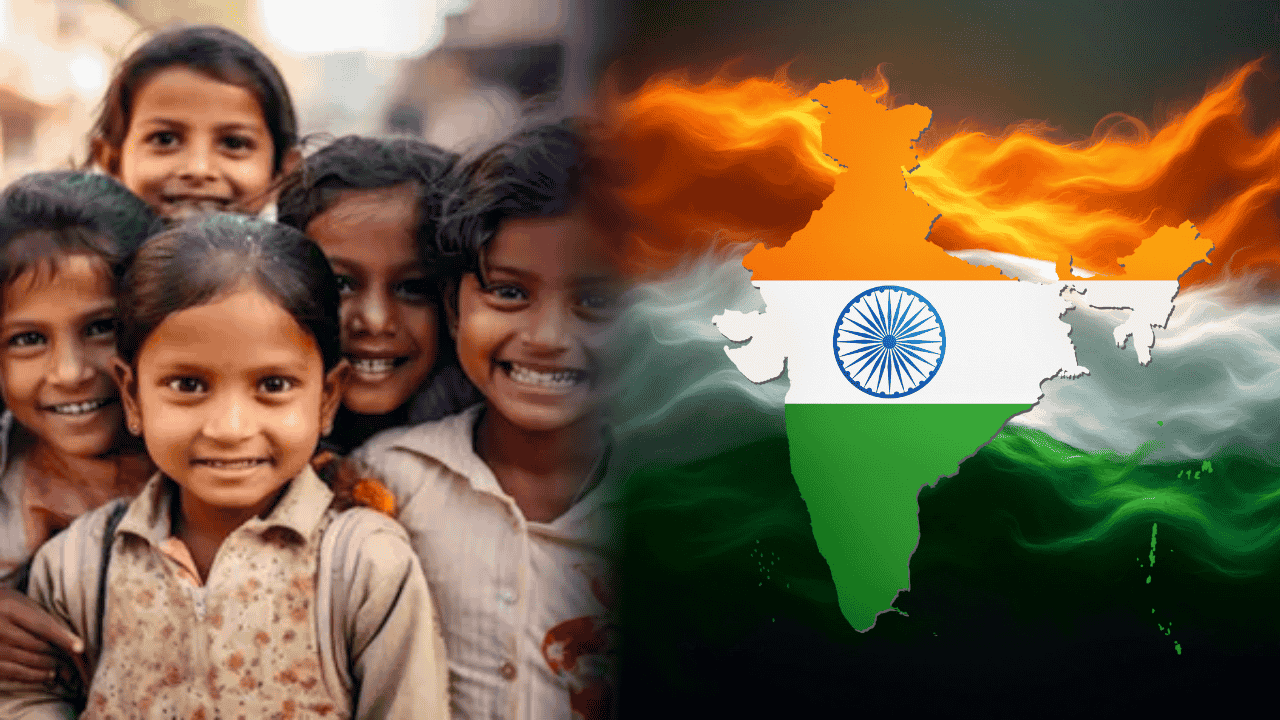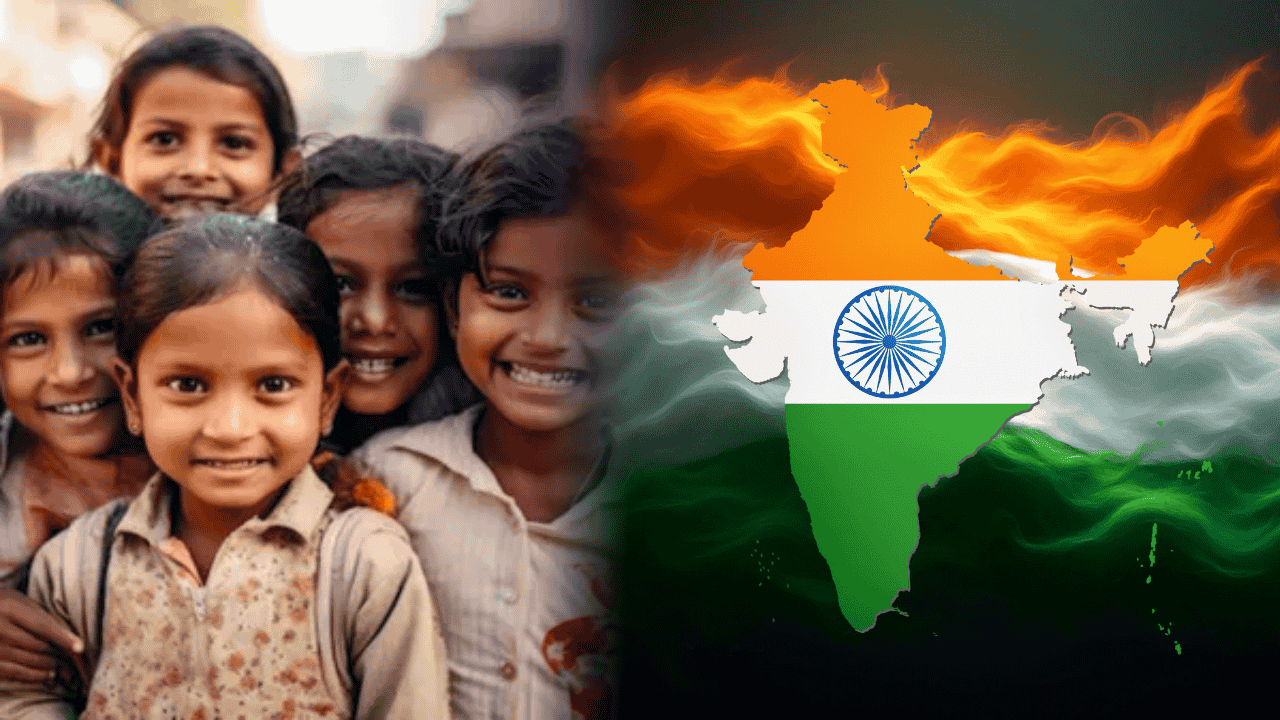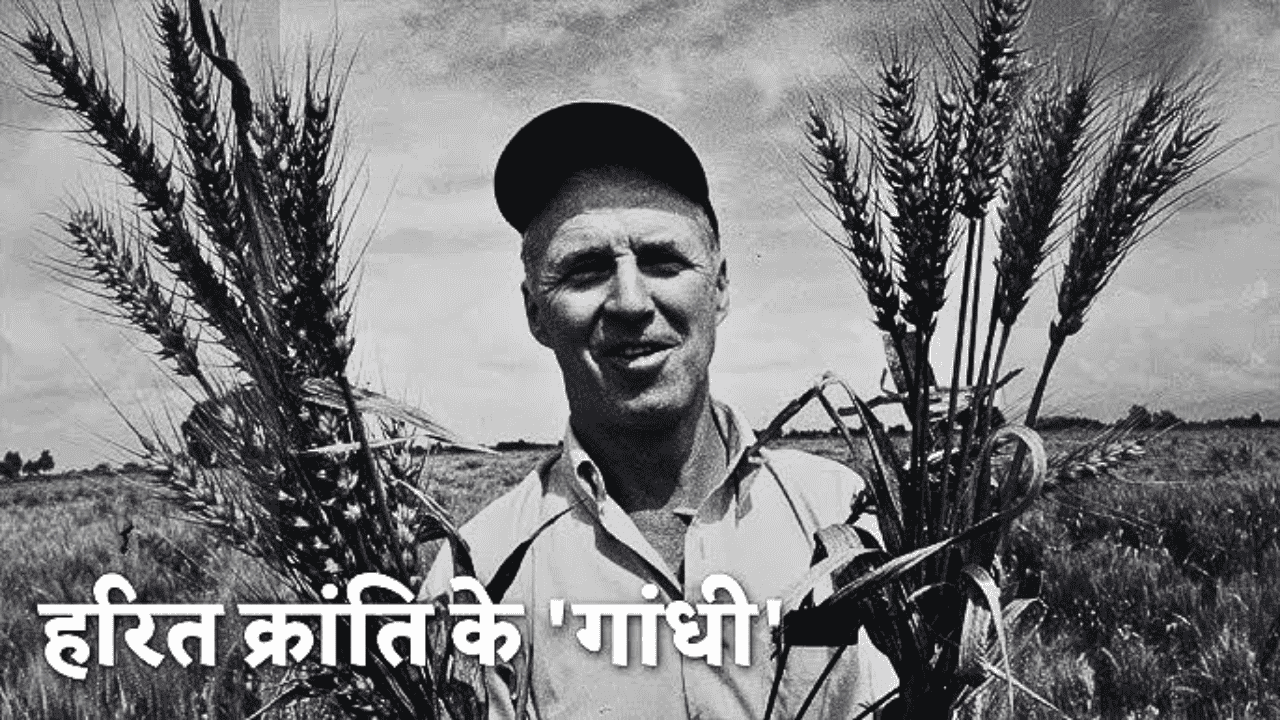On the 111th birth anniversary of Norman Borlaug, discover how the Father of the Green Revolution transformed agriculture, saved billions from hunger, and received the Nobel Peace Prize. Read his inspiring story.
Norman Borlaug: Father of the Green Revolution
Norman Borlaug was born on March 25, 1914, in a farming family in Iowa, USA. During the Great Depression of the 1930s, he witnessed severe poverty and food scarcity, which inspired him to use agricultural science to help farmers.
Academic Journey and Scientific Mission
Borlaug earned a Ph.D. in plant pathology and later moved to Mexico to work on improving wheat cultivation. He researched dwarf wheat varieties and developed high-yield crops, which led to a 200–300% increase in wheat production, saving billions from starvation.
Revolutionizing Wheat Farming
In Mexico, traditional tall wheat varieties were yielding well but were prone to lodging due to wind and the weight of the grain. Borlaug studied the Japanese "Norin 10" dwarf variety and crossed it with high-yield strains to develop new wheat types. These were resistant to lodging and produced higher yields.
Honored with the Nobel Peace Prize
In 1970, Norman Borlaug was awarded the Nobel Peace Prize. When he received the news, he was working in a field. Upon hearing it from his wife, he humbly said, “Looks like I’ll need to buy a big suit now.” Despite the global fame, he always said, “I’m just a farmer trying to help other farmers.”
Helping India and Pakistan During Crisis
In the 1960s, India and Pakistan were on the brink of famine. Borlaug sent his improved wheat varieties to both countries. In 1966, India imported 18,000 tons of wheat seeds, which led to a sharp increase in wheat production — from 12 million tons in 1965 to 17 million tons by 1968. He also worked closely with Dr. M.S. Swaminathan, the father of India’s Green Revolution.
Origin of the Term 'Green Revolution'
In 1968, William Gaud, President of the United States Agency for International Development (USAID), coined the term "Green Revolution" to describe Borlaug’s transformative work in agriculture.
Honored by the Government of India
In 2006, the Government of India recognized Borlaug's contributions to agriculture by awarding him the Padma Vibhushan, the country’s second-highest civilian award.
A Lifelong Message of Science and Compassion
Borlaug’s legacy lies not just in the fields he transformed, but in his belief that “Science and compassion must work together.” He passed away on September 12, 2009, at the age of 95, but his contributions to food security continue to inspire generations.
Conclusion: Why Norman Borlaug Matters Today
Norman Borlaug was more than a scientist — he was a humanitarian who redefined global food production and made countries like India self-reliant in agriculture. His work proves that one person’s vision can feed the world.
Norman Borlaug, Father of the Green Revolution, Green Revolution in India, wheat production, Nobel Peace Prize winner, agricultural scientist, Padma Vibhushan, Norman Borlaug in English
By Team Atharva Examwise #atharvaexamwise








